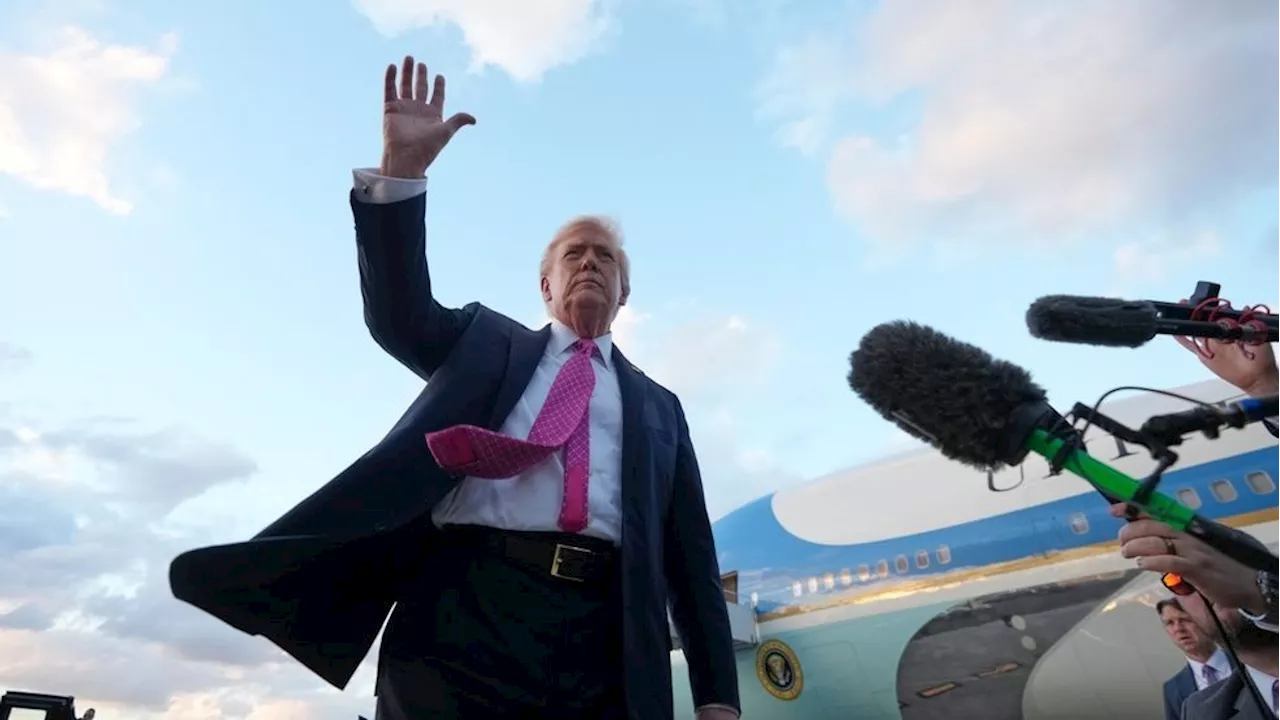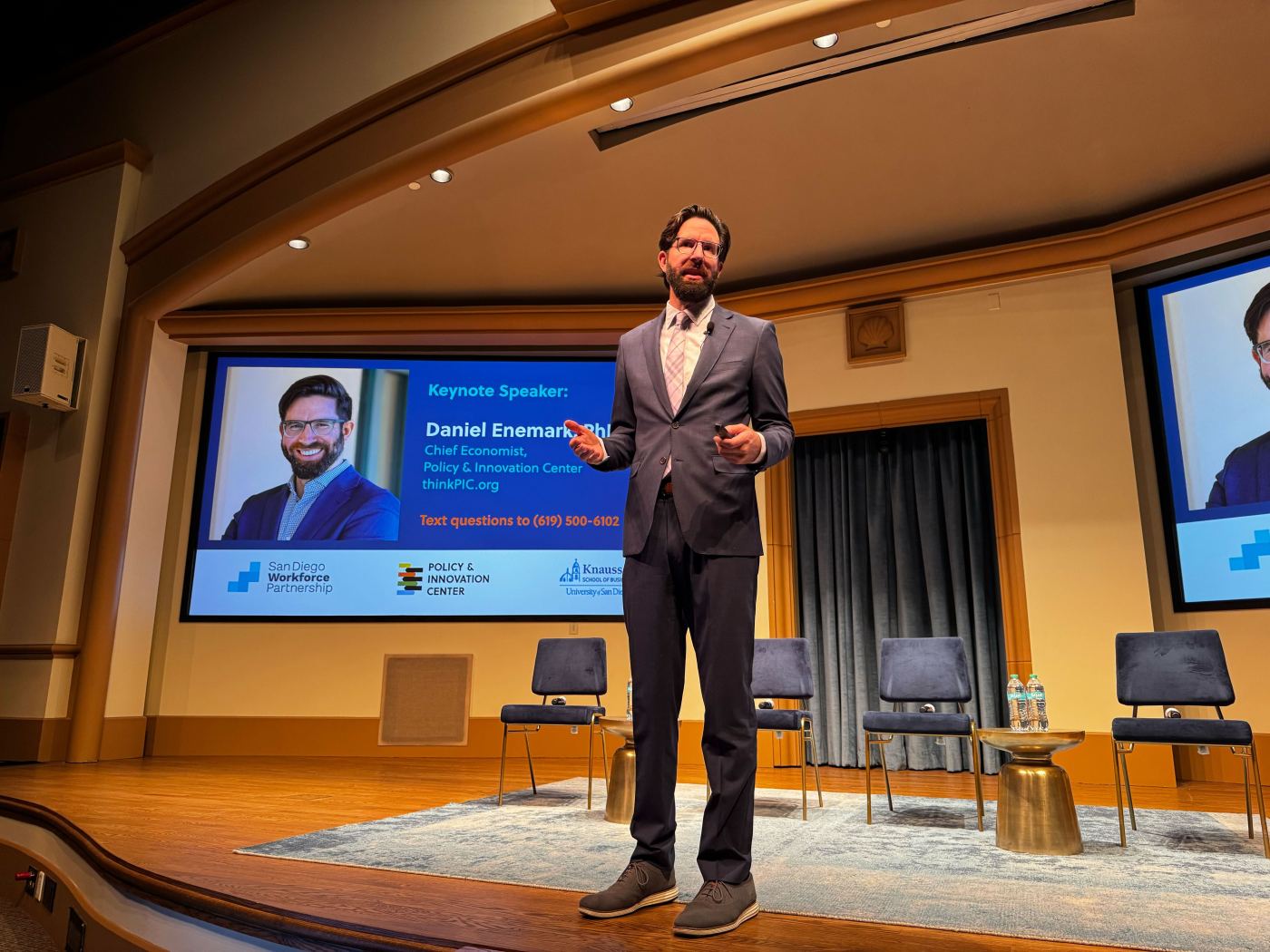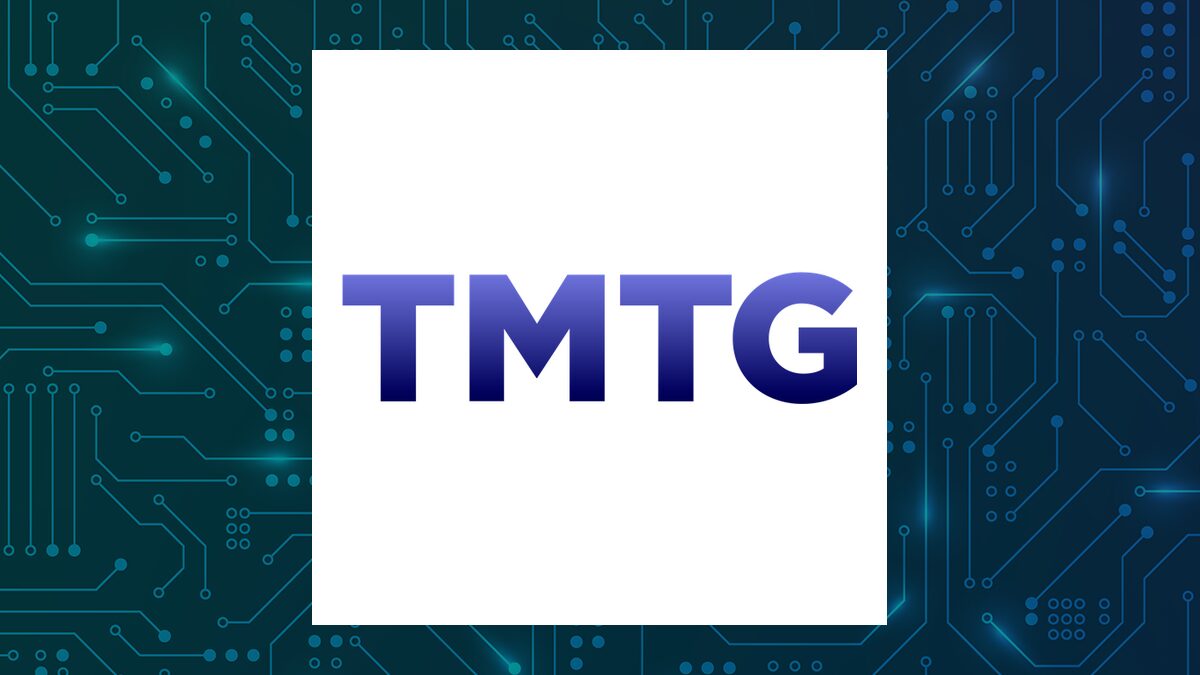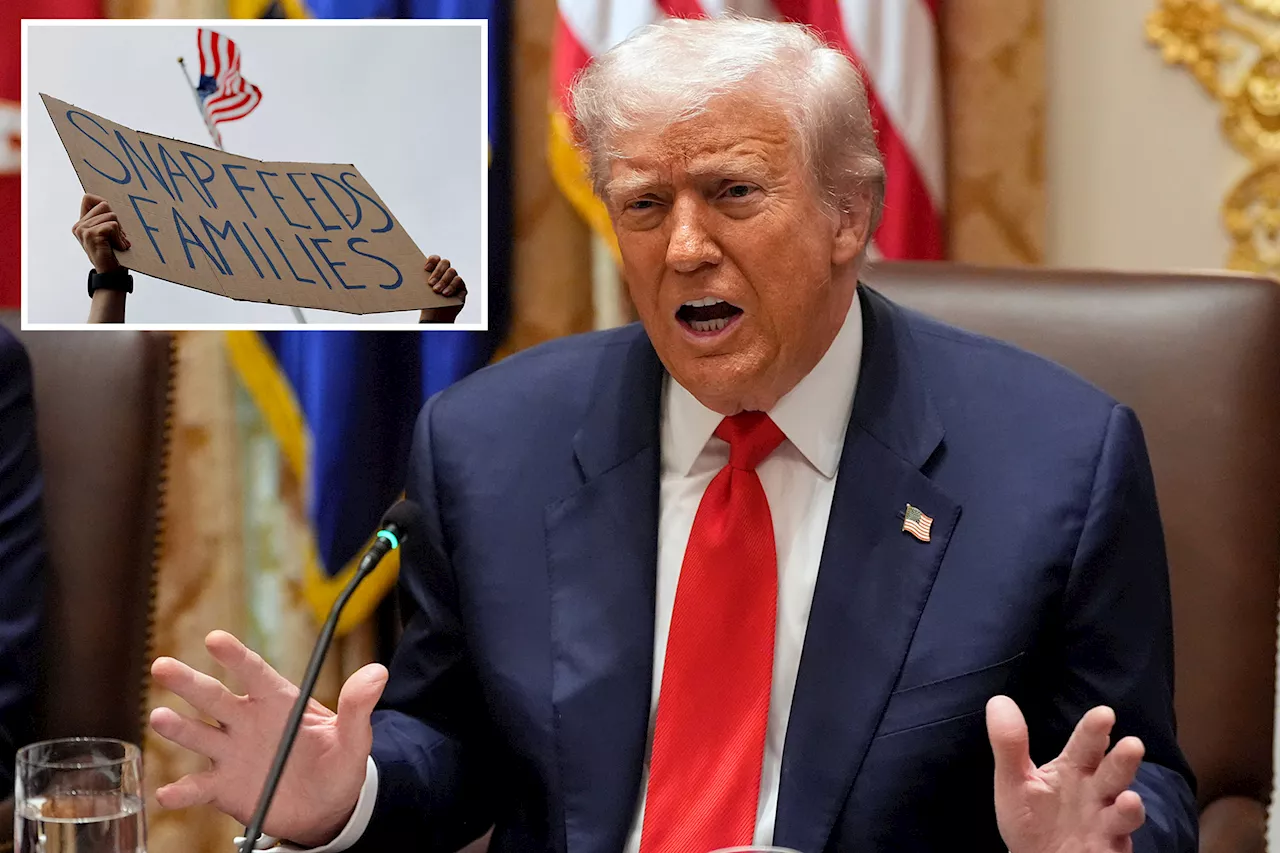The Trump administration has issued a warning of new tariffs on Colombia, a move that coincides with ongoing legal battles regarding the administration’s authority to impose such measures. This threat emerges as the administration adapts its trade policies amidst a complex legal landscape, including a crucial hearing in the Supreme Court set for early November.
Recent adjustments in tariff policies illustrate a responsive approach to both economic and diplomatic pressures. In particular, the administration has chosen to exempt certain goods from tariffs, including specific lumber and metal products deemed as “largely unavailable natural resources.” This selective exemption indicates a strategic recognition of the importance of maintaining a stable supply chain for domestic manufacturing.
The administration also continues to leverage trade laws, particularly Section 232, to expand tariffs on imported goods, such as trucks, truck parts, and buses. While businesses have largely absorbed the costs associated with these tariffs, concerns are mounting about the sustainability of this approach. Economic experts are closely monitoring whether these expenses will ultimately be passed on to consumers, potentially leading to increased prices.
As the administration faces its legal challenges, it is vigorously defending its authority to implement broad tariffs before the Supreme Court. A ruling against the administration could have far-reaching economic implications, such as the potential removal of approximately 70% of existing tariffs and requiring the U.S. government to refund an estimated $165 billion in tariff revenue. President Trump has made clear his stance on the importance of this decision, underscoring its relevance to the United States’ economic future.
The tensions between the U.S. and Colombia have been exacerbated by recent statements from President Trump, who has accused Colombian President Gustavo Petro of failing to address drug trafficking issues effectively. This latest escalation in rhetoric and policy threatens to complicate the already fragile relationship between the two nations.
As the legal landscape evolves and trade policies are reshaped, the future of U.S.-Colombia relations remains uncertain. The upcoming Supreme Court decision will play a crucial role in determining not only the fate of the current tariff regime but also the broader implications for international trade. Businesses, consumers, and governments worldwide will be watching closely as this situation unfolds, illustrating the intricate balance of legal authority, economic strategy, and diplomatic relations in today’s global economy.







